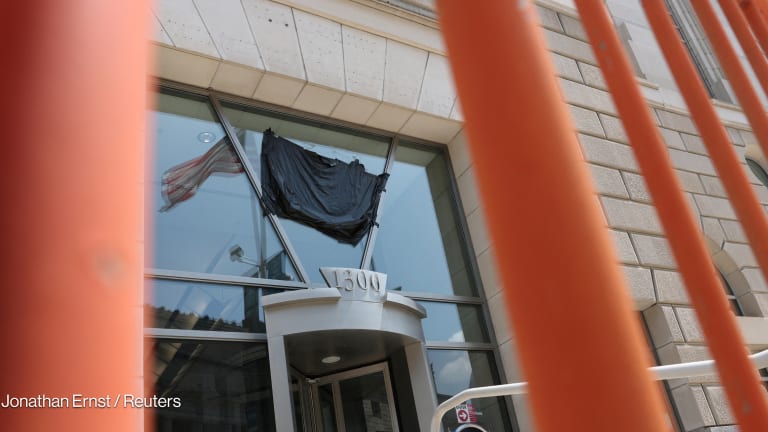Within hours of taking office, United States President Donald Trump announced a 90-day pause on foreign assistance spending during which the new administration will review aid programs to decide what should stay and what should go.
The executive order on “Reevaluating and Realigning United States Foreign Aid” offers one of the clearest signals to date that Trump’s White House views U.S. foreign assistance as a political and cultural battleground where it must stamp out progressive policies and programs.
“The United States foreign aid industry and bureaucracy are not aligned with American interests and in many cases antithetical to American values. They serve to destabilize world peace by promoting ideas in foreign countries that are directly inverse to harmonious and stable relations internal to and among countries,” the order alleges.








